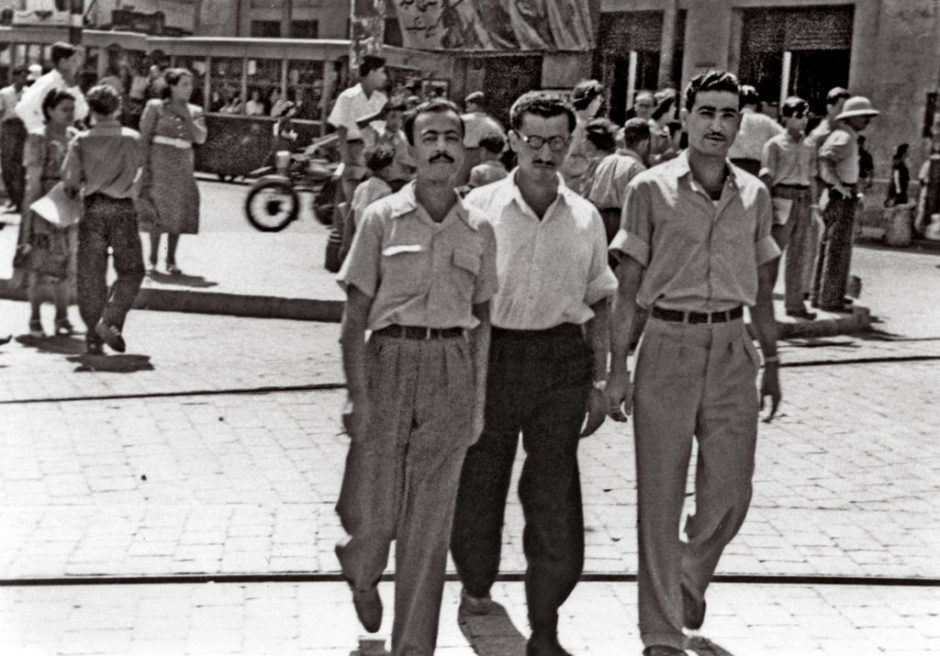Fearing a German invasion of Palestine during the early years of World War II, Britain, in conjunction with the Jewish community, formed a special spy unit to gather intelligence on the looming threat. This unit would become the embryo of the Mossad, Israel’s foreign intelligence agency. Subsequently, it would focus its attention on the Arab world. Dubbed the Arab Section, it would play no small role in countering Israel’s Arab foes.
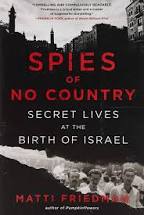
Israeli journalist Matti Friedman draws a rounded portrait of it in Spies Of No Country: Behind Enemy Lines At The Birth Of The Israeli Secret Service, published by McClelland & Stewart.
The events in Friedman’s book take place between January 1948 to August 1949, a tumultuous period during which Israel declared statehood and fought for its survival in the War of Independence. He zeroes in on four agents who participated in these operations: Gamliel Cohen, alias Yussef; Isaac Shoshan, alias Abdul Karim; Havakuk Cohen, alias Ibrahim, and Yakuba Cohen, alias Jamil.
All four men were Arabic-speaking Sephardi Jews in their 20s when they were recruited. The first three were born in Arab countries. The fourth was a native of Jerusalem.
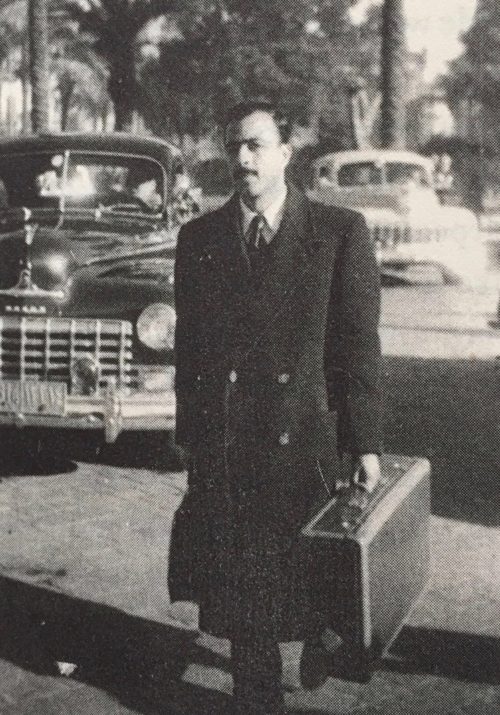
The Jewish leadership in Palestine had traditionally relied on a network of paid Arab collaborators to supply information about its Palestinian Arab enemies. These Arab informants were expensive and often unreliable. With the outbreak of further hostilities in Palestine in 1947, the Arab Section was called upon to provide this data. “Jewish leaders had little idea what the Arab side was thinking, and decisions were made in the dark,” writes Friedman.
The Arab Section, first known as the Syrian Section, was established under the tutelage of Britain, which administered Palestine under a League of Nations mandate. Fearing that Vichy-controlled Syria and Lebanon would fall under German domination, Britain sent agents to these countries on intelligence missions.
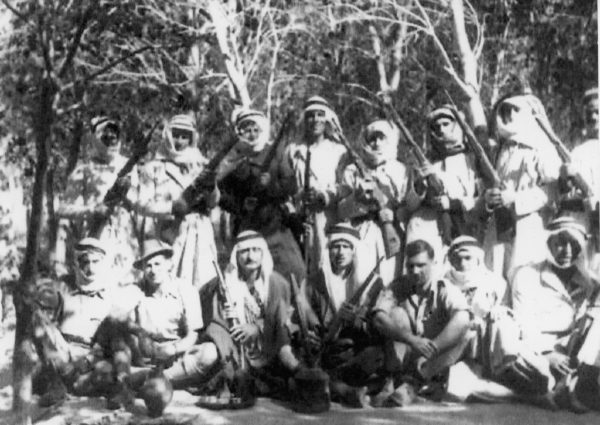
They were expected to speak Arabic fluently and be capable of seamlessly melting into an Arab milieu.
“The recruits were from the Islamic world, but at home they’d known little of the majority religion beyond the danger it posed to people like them,” says Friedman. “Now they learned laws, scripture, superstitions and figures of speech.” And he adds, they needed to be “idealistic enough to risk their lives, but deceitful enough to make good spies.”
They received their training in Arab localities in Palestine, roaming markets, sitting in restaurants and barbershops, and striking up conversations in buses.
One of their first assignments was assassinating a sheikh in Haifa.
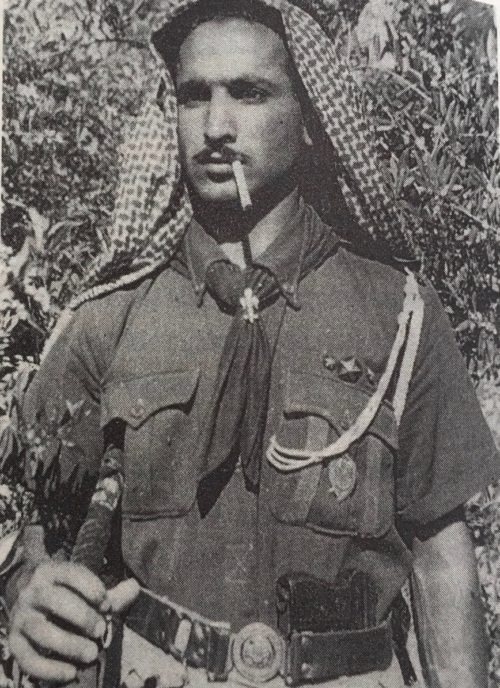
Gamliel Cohen, born in Damascus and a resident of Palestine since the middle of World War II, was the first agent to be sent to Lebanon. Posing as a shopkeeper, he created Israel’s first foreign intelligence operation. Before too long, he was joined by colleagues, who bought a small kiosk next to a Christian elementary school.
They transmitted messages that Beirut was under-defended against air attacks, that the Syrian army had placed an order for 1,000 binoculars, and that a U.S.-flagged ship had docked in Beirut with 112 tons of explosives, shells and ammunition.
They also blew up Adolf Hitler’s former yacht.
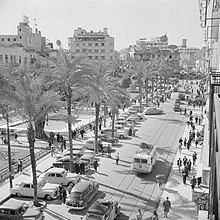
They kept their distance from Beirut’s Jewish community, careful not to expose it to accusations of dual loyalty.
Having integrated themselves into local society, the agents dated Muslim and Christian women. Gamliel formed a relationship with the sister of a Muslim business associate, a woman so pious that she appeared in a face veil at their first meeting.
Later, in Israel, the Shin Bet domestic security agency planted several agents inside Israeli Arab towns and villages. Some of them married local women as part of their cover. This tactic yielded little useful information and the this method was soon abandoned.
The Arab Section was folded into the Israeli army in September 1948. It was eventually incorporated by the Mossad, which would carry out daring and dangerous missions in Arab states.
